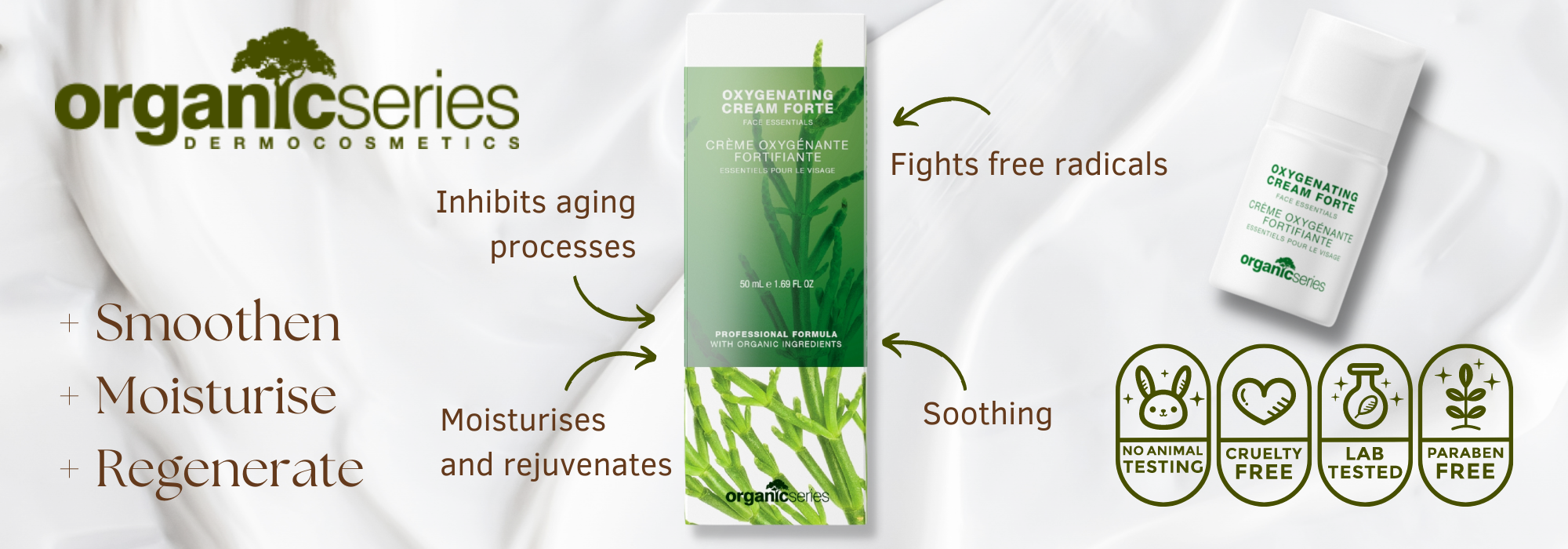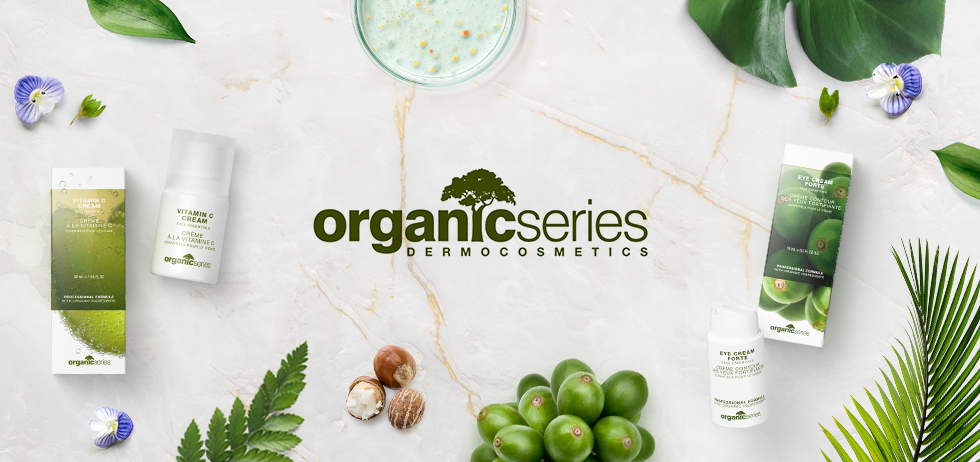Natural Face Cream for Sensitive Skin – 11 Key Things You Need to Know
Natural Face Cream for Sensitive Skin: If you have sensitive skin, you already know that finding the right moisturiser isn’t just about hydration—it’s about avoiding flare-ups, redness, and discomfort. Add in a desire for clean beauty, and the search becomes even more specific: you want the best natural face cream for sensitive skin, preferably from a brand you can trust, and ideally tailored for the UK’s often damp, unpredictable climate.
This guide walks you through 11 essential things to know before buying. Whether you’re battling rosacea, eczema, or just reactive skin, this will help you make an informed (and gentle) choice.
1. Natural Doesn’t Always Mean Safe for Sensitive Skin
Natural Face Cream for Sensitive Skin: It’s a common myth that if something is “natural,” it’s automatically gentle. But even natural ingredients like essential oils, citrus extracts, or alcohol-derived preservatives can cause irritation. The trick isn’t to go 100% plant-based—it’s to find non-sensitising botanicals that work with your skin, not against it.
Look for phrases like:
-
“Formulated for sensitive skin”
-
“Dermatologically tested”
-
“Fragrance-free” or “essential oil-free”
2. Understand What Makes Skin ‘Sensitive’
Natural Face Cream for Sensitive Skin: Sensitivity isn’t just about itching or redness. It can show up as:
-
A tight, dry feeling after cleansing
-
Red patches or rashes
-
Burning when applying certain products
-
Flare-ups in cold or windy weather
This is often due to a damaged skin barrier, which lets irritants in and moisture out. A good natural cream should repair and protect that barrier.
3. Look for Specific Calming Ingredients
Natural Face Cream for Sensitive Skin: Some of the best soothing ingredients in natural face creams include:
-
Colloidal oatmeal – anti-inflammatory and protective
-
Calendula – helps reduce redness and irritation
-
Aloe vera – instantly calms skin and hydrates
-
Bisabolol (from chamomile) – gentle yet powerful
-
Centella asiatica (Cica) – supports healing and strengthens the skin
If your face cream has 2 or more of these, you’re on the right track.
4. Avoid These Common Irritants
Natural Face Cream for Sensitive Skin: Even in “natural” formulas, there are ingredients that sensitive skin types should steer clear of:
-
Fragrance/parfum (even natural ones)
-
Alcohol (denat or ethanol) in high concentrations
-
Menthol or peppermint oil
-
Citrus oils (like bergamot or lemon)
-
Phenoxyethanol (a synthetic preservative often found in “clean” products)
Check labels carefully—don’t rely only on front-of-pack claims.
5. Packaging Matters More Than You Think
Natural Face Cream for Sensitive Skin: Sensitive skin doesn’t just react to ingredients—it can also react to contamination. Open jars that you dip into repeatedly can expose the product to bacteria, mold, or oxidation. Choose:
-
Airless pumps
-
Tubes
-
Dark, UV-protected glass jars
These preserve freshness and reduce the risk of skin flare-ups from spoiled ingredients.
6. Match Your Cream to Your Skin Type — Even If It’s Sensitive
Natural Face Cream for Sensitive Skin: Sensitive skin can still be oily, dry, or combination. Choosing a natural face cream that matches both your sensitivity and moisture needs is key.
Here’s how to approach it:
-
Dry & sensitive: Look for thick, occlusive creams with shea butter, squalane, and ceramides.
-
Oily & sensitive: Go for lightweight, gel-based creams with niacinamide, green tea extract, and zinc PCA.
-
Combination & sensitive: Balance is everything. Opt for humectants like hyaluronic acid, paired with light oils like jojoba that mimic your skin’s sebum.
Avoid the urge to “under-moisturise” oily skin. Dehydration actually makes it oilier and more reactive.
7. Choose Climate-Smart Skincare
Natural Face Cream for Sensitive Skin: The UK climate is cool, damp, and often polluted, especially in cities. This makes sensitive skin even more vulnerable.
A good natural face cream should:
-
Offer antioxidant protection (like Vitamin E or green tea)
-
Strengthen the skin barrier (look for ceramides and omega-rich oils)
-
Help retain moisture without greasiness (hyaluronic acid + light oils)
Many UK-made products are now formulated with this climate in mind—check if the brand tailors for regional environments.
8. Patch Test Always—Even Natural Products
Natural Face Cream for Sensitive Skin: Natural doesn’t mean universal. Always patch test a new face cream before applying it to your whole face. Do this by:
-
Applying a small amount behind your ear or under your jaw
-
Waiting 24–48 hours to check for any redness, itchiness, or bumps
This step may seem minor, but it can save your skin from a week-long reaction.
9. Understand Natural Preservation
Natural Face Cream for Sensitive Skin: A challenge with organic or natural skincare is preservation. Some brands use gentle preservatives like:
-
Potassium sorbate
-
Sodium benzoate
-
Leuconostoc/radish root ferment filtrate (yes, really)
These are generally safe for sensitive skin when used at proper concentrations. Products that are entirely preservative-free, however, can spoil fast—so if your cream is in a jar, use it up quickly and store it away from heat and light.
10. Know the Difference: Organic vs Natural
Natural Face Cream for Sensitive Skin: Here’s a common confusion:
-
Natural skincare uses ingredients derived from nature but may include processed or synthetic components.
-
Organic skincare goes further—it avoids synthetic pesticides, herbicides, and GMOs.
For sensitive skin, organic may be less chemically intense, but what matters most is how your skin reacts. Always read the ingredient list, regardless of how “green” the branding looks.
11. Create a Routine That Supports Sensitive Skin Long-Term
Natural Face Cream for Sensitive Skin: Even the best natural face cream won’t be effective if it’s dropped into a chaotic skincare routine. Sensitive skin thrives on consistency, simplicity, and protection. Here’s how to build a low-irritation daily skincare regimen around your natural moisturiser:
Morning Routine for Sensitive Skin (UK Climate)
-
Gentle Cleanser
-
Use a non-foaming, fragrance-free cleanser. Cream or micellar-based is best.
-
Avoid hot water—it strips your barrier.
-
-
Alcohol-Free Toner (Optional)
-
Use a mild toner with calming agents like chamomile or green tea only if needed.
-
-
Hydrating Serum (Optional)
-
A serum with hyaluronic acid or panthenol can boost hydration before your cream.
-
-
Natural Face Cream for Sensitive Skin
-
Apply a pea-sized amount while your skin is still slightly damp to lock in moisture.
-
-
SPF 30+ (Year-Round)
-
Even sensitive skin needs daily sun protection. Choose a mineral SPF with zinc oxide—it’s less irritating than chemical sunscreens.
-
Evening Routine for Sensitive Skin
-
Cleanse (as above)
-
Hydrating Mist or Toner (optional)
-
Serum or Oil
-
If your skin tolerates it, try a few drops of squalane, rosehip oil, or a calming serum.
-
-
Your Natural Face Cream
-
Apply generously at night to allow overnight repair.
-
Avoid actives like retinoids, exfoliating acids, or strong vitamin C unless prescribed or patch tested over time.
Tips for Maximising the Benefits of Your Face Cream
-
Warm it between your fingertips before applying. This helps spread the cream evenly and reduces friction on your skin.
-
Apply in upward motions, using gentle pressure. No rubbing or tugging.
-
Don’t over-apply. More product doesn’t mean more results—especially with sensitive skin. It can clog pores or disrupt your barrier.
What Happens When You Use the Right Cream?
Over time, the right natural face cream should:
-
Reduce redness and irritation
-
Even out skin tone
-
Improve hydration and elasticity
-
Strengthen the skin’s barrier
-
Minimise sensitivity triggers
Consistency is key. Sensitive skin needs time to repair and rebalance. Most users start seeing lasting improvement within 3–4 weeks of switching to a targeted natural cream.
Final Thoughts: Trust Simplicity, Not Trends
Natural Face Cream for Sensitive Skin: In a world full of over-complicated routines and influencer-endorsed miracle products, it’s easy to overdo it—especially when dealing with sensitive skin. But the real secret to calm, healthy skin? A short, consistent routine and a great natural face cream that’s designed for your unique needs.
Whether you’re looking for something deeply nourishing or lightweight and breathable, investing in a high-quality natural moisturiser is one of the smartest skincare choices you can make.
Suggested Next Step:
Natural Face Cream for Sensitive Skin: Explore OrganicSeries.co.uk’s range of botanical, fragrance-free face creams formulated for reactive and sensitive skin types—developed with clinical-grade ingredients and tailored for delicate UK skin.
Expert recommendation for Natural Face Cream for Sensitive Skin
Natural Face Cream for Sensitive Skin – Oxygenating Cream Forte

The Oxygenating Cream Forte gives excellent results for skin in need of strong regeneration and nourishment. Based on lamellar technology mimicking the natural mechanisms of human skin, this cream delivers active ingredients into the skin, inhibiting the aging process, moisturising and visibly rejuvenating. It has an amazing soothing and anti free-radical effect, due to the botanical mixture of sugar leaf algae, sea fennel and corn fibres.
Benefits
- Regenerating and nourishing.
- Inhibits aging processes.
- Moisturises and rejuvenates.
- Soothing.
- Fights free radicals.
How to use
Apply a dose of the Oxygenating Cream Forte to the clean face (you can use our Optimal Cleansing Gel beforehand). Gently massage until completely absorbed. For maximised results, use the Oxygenating Serum before applying the cream.
Active ingredients
- Corn – has soothing, moisturising and nourishing effects.
- Sugar Leaf – protects against free radicals, moisturises, strengthens blood vessel walls. Delays the aging process, smoothens wrinkles, improves circulation. Strengthens the lipid barrier of the skin, oxygenates, regenerates, soothes.
- Sea Fennel – tones, cleanses, makes skin more flexible, has an anti-wrinkle effect.
- Beech – Gatuline™ – oxygenates, brightens, moisturises, minimises wrinkles.
- Argan Oil – rejuvenates, soothes, regenerates, moisturises, smoothens, firms.
- Oligogeline™ – Curled Cartilage – moisturises, firms, smoothens. Reduces wrinkles, improves the absorption of active ingredients.
- Betaine – Sugar Beet – moisturises, soothes, smoothens.
- GlycoHyal LW – retains large amounts of water in the epidermis, moisturises. Anti-aging, regenerates, increases the penetration of active ingredients.
- Crodamol™ ISIS – reduces transepidermal water loss, moisturises, smoothens.
- Shea Butter – lubricates, prevents transepidermal water loss. Regenerates, protects against free radicals, rebuilds and stimulates collagen production.
- Vitamin E – fights free radicals, protects against UV radiation. Prevents inflammation, acts as an antioxidant, reduces transepidermal water loss.
More inspiration
Follow Organic Series UK on instagram and facebook for more inspiration, expert tips and special discount codes for organic face creams UK!



